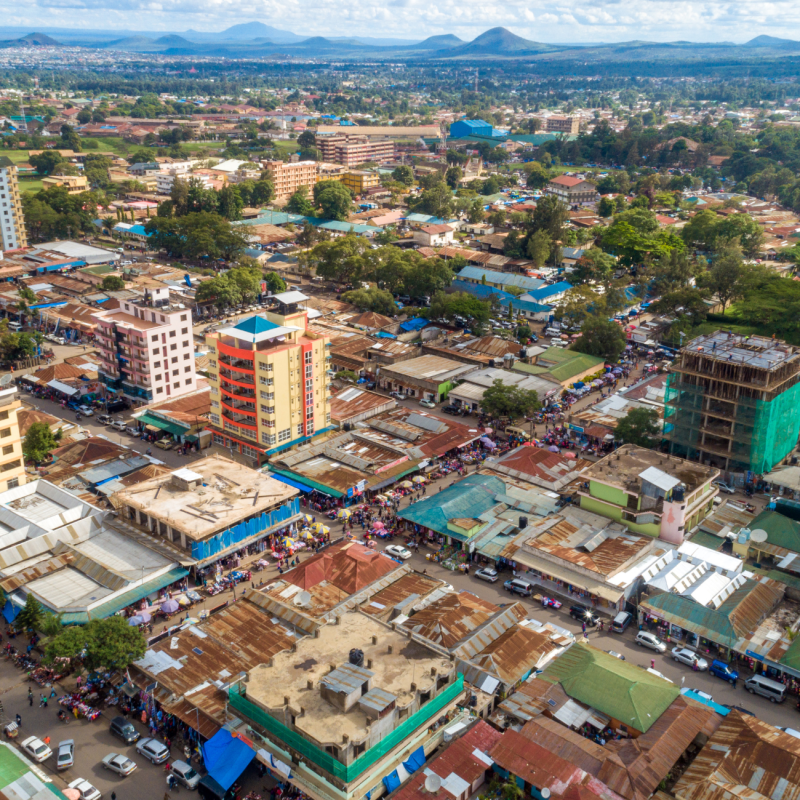Working paper 889
This study focuses on estimating the tax effort in 25 selected African countries and its implications for economic development. The findings aim to assess the level to which a country’s tax mobilisation is constrained by its inability to utilize available tax capacity for funding public spending. Additionally, comparing the tax effort among countries offers insight into appropriate tax mixes for addressing budgetary imbalances and debt management strategies. Analysing taxable capacity and tax capacity using panel data from the year 2000 to 2021, the paper employs stochastic frontier techniques (SF) for estimation. Due to data limitations and covariates challenges, it employs OLS, FE and dynamic GMM techniques for robust check. Key results show that per capita income trade openness, remittances, FDI, and manufacturing positively influence tax revenue, while agriculture, informal economy, population, corruption control and voice accountability have a negative and significant impact on tax effort. The findings highlight the significance of governance improvements and economic structural reforms for revenue mobilization in African countries. The study offers insights into fiscal behaviour patterns in African economies and recommends necessary reforms for fiscal responsibility.
Key words: Tax effort, tax capacity, tax frontier, informal economy, inefficiency
JEL Codes: H0, H2, H21, C23, C51


